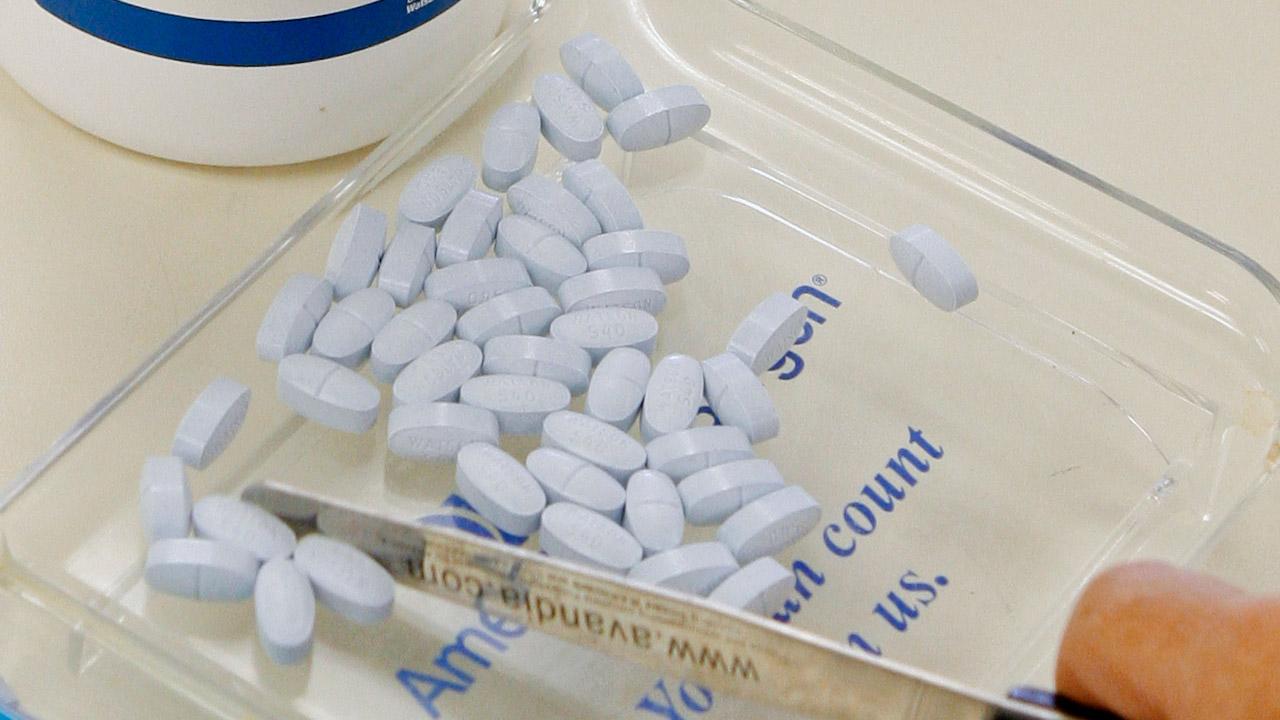Almost one-fifth of patients with opioid use disorder (OUD) in a large healthcare system died during a four-year follow-up period, reports a study in the Journal of Addiction Medicine, the official journal of the American Society of Addiction Medicine (ASAM). The journal is published by Wolters Kluwer.
The results suggest very high rates of serious illness and death among patients with OUD in general medical care settings–much higher than for those in addiction specialty clinics, according to by Yih-Ing Hser, PhD, of University of California, Los Angeles, and colleagues. They write, “The alarmingly high morbidity and mortality among OUD patients revealed in the present study challenge healthcare systems to find new and innovative ways to expand evidence-based strategies for OUD in a variety of settings.”
Using electronic health records from their university healthcare system, the researchers identified 2,576 adults with OUD. The patients, average age 41 years at first OUD diagnosis, had high rates of physical and mental health conditions and other types of substance use disorder.
At four years of follow-up, 465 of the patients had died — a rate of 18.1 percent. Mortality in this group of patients with OUD was more than 10 times higher than in the general population, adjusted for age and sex.
About 19 percent of deaths were due to causes directly related to OUD and drug overdose. But most patients died of other causes: especially cardiovascular disease, cancer, and infectious diseases. The most common infection-related cause of death was hepatitis C virus (HCV). Because of injection drug use and other risky behaviors, people with OUD are at high risk of HCV infection.

(Image credit: Associated Press)
Risk of death was even higher — twice as high for OUD patients with HCV infection. Patients with alcohol use disorder also had increased mortality.
Risk of death from cardiovascular disease was higher for patients with tobacco use disorder. Mortality from cancer was increased for patients with HCV infection, while death from liver disease was more common for patients with HCV infection and alcohol use disorder.
Previous studies have found a high risk of death among people with OUD, most commonly from drug overdose. However, most of these studies have focused on patients being treated in addiction specialty clinics or programs. One recent study found that the risk of death among patients receiving treatment for OUD was four times higher than in the general population, increasing to six times higher after they were out of treatment.
The new findings suggest a much higher risk of death for patients with OUD in general medical care. Hser and coauthors note that the patients identified in their healthcare network were older when first diagnosed with OUD, and had high rates of other physical health disorders.
Their high mortality may reflect issues with identifying and addressing OUD in the healthcare system. “It is likely that patients seen in this health system became progressively sicker, as their OUD problem was not identified until very late in its course and after physical health complications had already ensued,” the researchers write.
Within the study limitations, the results may have important implications for healthcare amid the ongoing opioid epidemic. “In the United States, healthcare providers outside specialty substance use disorders treatment settings have not traditionally been adequately equipped to identify and address patients [with] addictions,” Hser and coauthors note.
Of note, the findings do not imply that addiction treatment has worse outcomes in general health settings; the higher mortality is likely due to not receiving adequate care. The authors believe that earlier intervention might be able to reduce some of the high rates of complications and death among patients with OUD in general medical care. The authors conclude: “Further research is much needed to better engage the entire spectrum of healthcare services, with the goal of developing and delivering efficient and effective chronic care management approaches and services for OUD.”




